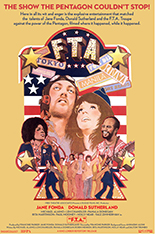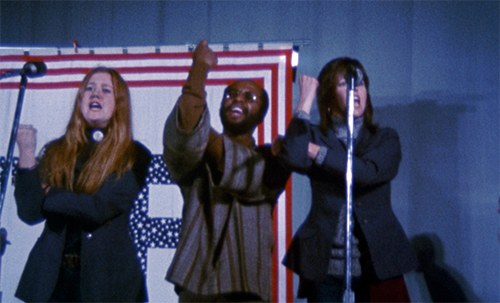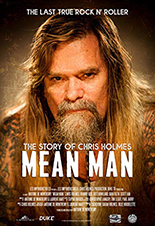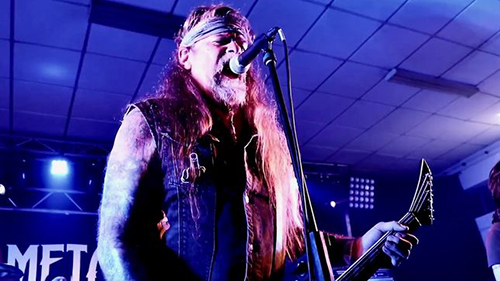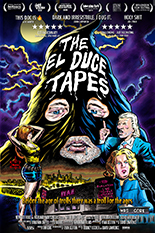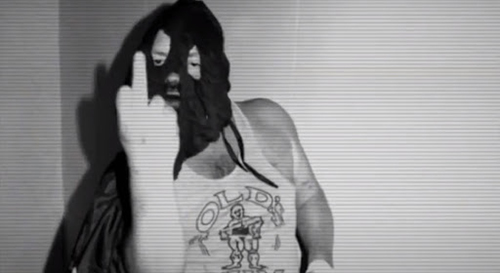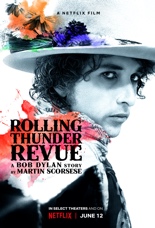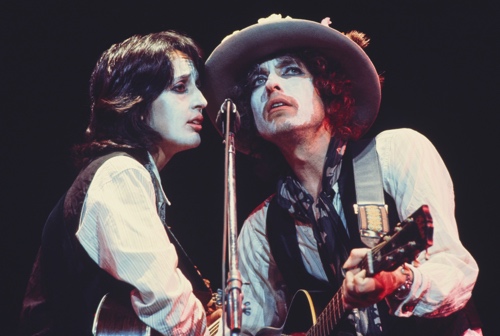
 Unless you’re a pinko commie, hearing the phrase “Olympics upset” should conjure memories of 1980’s “Miracle on Ice” — or at least the 2004 Kurt Russell movie about it — when the U.S. men’s hockey team out-pucked the Russians to surprise gold. Less known (for now) is a similar story of victory over the USSR, this time by the 1964 women’s volleyball team from Japan. The players’ global accomplishment capped an extraordinary streak of 258 consecutive wins — a feat so mighty and magical, it earned them a moniker adopted by a new documentary about the team: The Witches of the Orient.
Unless you’re a pinko commie, hearing the phrase “Olympics upset” should conjure memories of 1980’s “Miracle on Ice” — or at least the 2004 Kurt Russell movie about it — when the U.S. men’s hockey team out-pucked the Russians to surprise gold. Less known (for now) is a similar story of victory over the USSR, this time by the 1964 women’s volleyball team from Japan. The players’ global accomplishment capped an extraordinary streak of 258 consecutive wins — a feat so mighty and magical, it earned them a moniker adopted by a new documentary about the team: The Witches of the Orient.
As the septuagenarian surviving members relate to French director Julien Faraut (John McEnroe: In the Realm of Perfection), being part of the Nichibo Kaizuka volleyball team was less fun and games, and more conscription: After a full day of factory work, the young ladies hit the gym until midnight, then did the same all over again, often operating on a mere three to four hours of sleep.

After this context, Faraut delineates the team members’ individual personalities behind the often-demeaning nicknames (Fugu, Horse, et al.) given to them by mercurial coach Hirofumi Daimatsu. In present day, as the women relay stories from their grueling path to the 12th Olympic Games, the film incorporates relevant clips of a Witches-inspired anime series, as well as historical footage set to an atmospheric but uptempo electronic score by K-Raw and Grandaddy’s Jason Lytle. Although lengthy, these marvelously edited musical sequences work to the doc’s enormous benefit, pushing it beyond 30 for 30 territory into modern art. (I need this soundtrack album, although it doesn’t exist.)
Taking up Witches’ final third is, of course, a condensed version of the Land of the Rising Sun’s on-court attack against the Iron Curtain at the Olympics. Quite simply, this is one of the most captivating half-hours in sports-doc history. Hosted in Tokyo, those Games represented the loftiest of stakes for Japan as a crucial step in post-WWII rebuilding. That burden is evident by the sheer aggression and swiftness of the Witches’ strike-and-spike strategy to conquer their Soviet Union counterparts, revealing our heroines as an even more formidable threat than Faraut has shown us thus far.
When they win, the pride, humility and exhaustion shining from their faces is COVID-level infectious. That their gold-medal moment comes free of ego makes the scene — and the film — all the more moving. —Rod Lott

